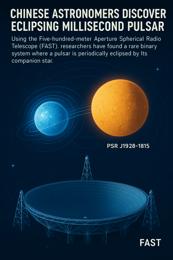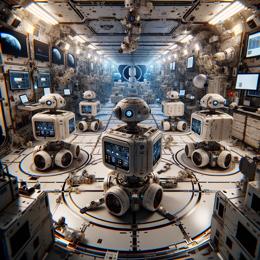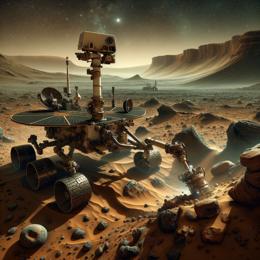Image created by AI
Sian Proctor's Message of Hope at the IAU Assembly in Cape Town
The International Astronomical Union's (IAU) recent general assembly in Cape Town was a historic occasion, not only hosting its largest gathering of astronomers and space aficionados on African soil but also featuring inspirational talks, one of which was by pioneering astronaut and geoscientist Dr. Sian Proctor.
Dr. Proctor is no ordinary astronaut; she etched her name in history as part of the first all civilian crew to orbit the Earth in 2021, a SpaceX odyssey that symbolized a new frontier for private space travel. As the first African American woman to pilot a spacecraft thanks to this mission, she has become a beacon of possibility for many aspiring astronauts, especially those who once saw space as a realm reserved for a select few.
Addressing over 2,000 delegates from 82 countries, Dr. Proctor shared her unique insights and experiences from the perspective of a civilian in space, all while urging the next cohort of earthlings to harness their passion for space to fuel humanity's future among the stars.
Her presence and message were emblematic of the assembly's aim: to inspire and catalyze the potential of the upcoming generation in space technology and exploration. The significance of Africa, and more specifically South Africa, serving as host for such an esteemed event was not lost on attendees or the global space community. The setting in Cape Town provided a fertile ground for sowing the seeds of curiosity and ambition in young minds.
The conference's ambit was wide-reaching, with a range of topics discussed that spoke to almost every niche in the space and astronomical fields. Additionally, the delegates enjoyed a rare opportunity to interact via live radio with occupants of the International Space Station, a highlight particularly profound for the South African schoolchildren in attendance, who could engage directly with the orbiting scientists.
The presence of a NASA delegation and exhibitions like the SKAO served to cement the event's importance for international collaboration in space endeavours. SKAO represents a giant leap for radio astronomy, promising unparalleled exploration of the Universe's genesis – the "Cosmic Dawn" – while also galvanizing local economies like the Karoo and stimulating technological advancement in South Africa and member countries.
The IAU, which commenced operations over a century ago, has grown to become the cornerstone of the astronomical community, facilitating the exchange of knowledge that could unlock new scientific discoveries and enrich our understanding of the cosmos.
The 105th edition of the IAU general assembly, which ran from 6th to 15th August, was undoubtedly a landmark event, fostering unity in diversity and embodying the notion that the exploration of space is a human endeavour that can and should include all of humanity.










